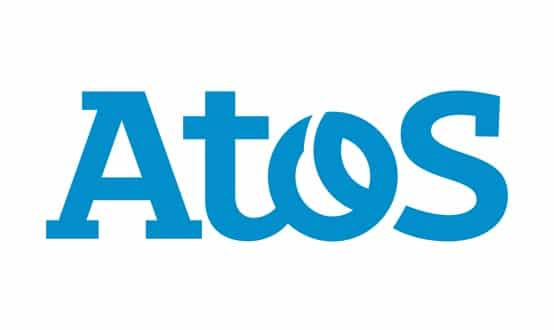Mandatory Shared Financial Services Dropped
- 8 May 2003
Plans to save up to £500m a year in NHS administration costs through the introduction of a next generation standardised NHS-wide finance system are in serious doubt following the Government’s decision not to mandate the adoption of shared financial services.
The decision to drop implementation of two central pillars of the shared services initiative coincided with the launch of the first pilot sites last month, and comes ahead of the evaluation and detailed proof of concept work which were supposed to have informed a decision on national roll-out this autumn.
The national shared services team were informed of the new policy early last month. While the Electronic Staff Record (ESR) shared services project will continue to be nationally mandated, the national adoption of shared financial services and eventually e-commerce have both been shelved. E-Health Insider understands that the National Programme for IT in the NHS will not be affected by the change in policy on shared services.
In addition the National Shared Services Initiative will no longer be established as a special health authority as had previously been envisaged. Department of Health funding for the project, on which £23m has been spent so far, will end this autumn.
In a 6 May e-mail circulated in the service, Peter Coates, head of physical capacity in the DH finance directorate, signalled a change in policy on mandating shared services, linking the shift to the development of foundation hospitals.
However, one anonymous source suggested to E-Health Insider that Foundation Hospitals may just have provided a convenient cover for pulling the plug on an initiative that had yet to deliver, and was running over-budget and behind schedule: “The cost benefit analysis had yet to be shared with all users of the service and is based on an element of faith. We still haven’t seen the numbers.”
The DH has now appointed consultants to evaluate how shared services could operate on a “trading solution basis” and they are due to report in the next few weeks. The Shared Services Initiative has also begun work on modelling how it would introduce shared services as an “entrepreneurial” commercial ‘Trading Solution’. Such a voluntary approach is likely to lead to a far slower and more limited adoption of shared financial services.
Philip Hewitson, chief executive of the National Shared Services Initiative, told E-Health Insider, “I am disappointed that the NHS is not going to realise significant benefits originally envisaged from the planned roll-out of the national financial system.”
Mr Hewitson added, “Experience of multi-national corporations shows that this sort of initiative cannot realise the significant savings and benefits on a voluntary basis and will only bear fruit if centrally led.”
However, a DH spokesperson, quoted in The Guardian newspaper, said, “"It was never intended or announced that it would be implemented across the NHS without it demonstrating its worth to each trust."
But a spokesperson for the Shared Services Initiative, stressed the whole project had been based on a national mandate to introduce shared financial services nationally. For this reason the two initial shared services centres were built with capacity to handle 250 NHS organisations, far more than the 46 sites in the first wave. “Without a national mandate we would have to take on customers at a completely different rate,” said the spokesperson.
Commenting on the reported change in policy, shadow health minister Chris Grayling MP told E-Health Insider: “The decision to scrap the common financial systems and NHS e-commerce system that were part of this initiative will call into question the future shape of the NHS National IT Programme.”
The NHS Shared Services Initiative began development in 2000, originating within the finance directorate of the DH. The model, already widely used in other sectors, is based on standardising key business processes and providing services from a small number of service centres.
The initial goal was to prove the concept for shared financial services by creating a single financial system to replace the many ageing, disparate finance, accounting and ledger systems currently in use by different NHS organisations.
Once shared financial services were in place the plan was to add an NHS-wide e-commerce system to enable it to realise its purchasing muscle. The government predicted this would save the NHS £300m a year. The e-commerce project, which depended on a standardised finance system being implemented, has also been dropped.
A national decision on whether to mandate shared financial services was due to be taken this autumn following proof of concept and evaluation of the first wave of sites. The first of an initial 46 NHS pilot sites, based around two shared services centres (SSCs) in the West Yorkshire and the South West, went live in April.
Mr Hewitson concluded, “We are still very committed to the Shared Financial Services project and delivering as much of the benefit and savings to the NHS as possible. In light of a change in thinking by the Department of Health, steps have been taken to reassure the NHS that the planned migration of the 46 pilot trusts to the two Shared Services Centres will continue as originally planned.”




